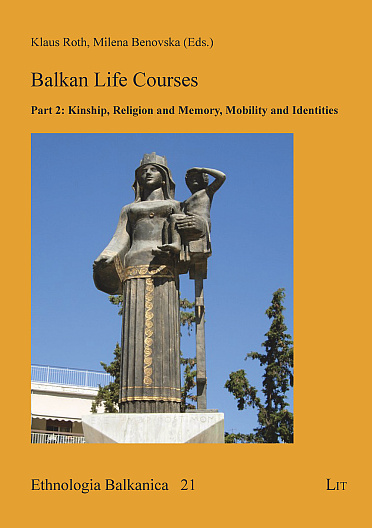Gendering the Displacement. A Critical Perspective on the Greco-Turkish Experience of War and Displacement (1919–1923)
Gendering the Displacement. A Critical Perspective on the Greco-Turkish Experience of War and Displacement (1919–1923)
Author(s): Aytek Soner Alpan, Gülen GöktürkSubject(s): Anthropology, Gender Studies, Customs / Folklore, Cultural Anthropology / Ethnology, Culture and social structure , Nationalism Studies, Pre-WW I & WW I (1900 -1919), Interwar Period (1920 - 1939), Migration Studies
Published by: LIT Verlag
Keywords: World War I; nationalism; population exchange; gender; refugees;
Summary/Abstract: This study aims to show that “gender” can be utilized as a valuable lens through which the history of the 1923 Greco-Turkish population exchange is reconsidered. The Greco-Turkish Population Exchange in 1923 marked a turning point in the histories of these two countries. At the end of the Greco-Turkish War (1919–1922), approximately two million people were forced to leave their homelands. Not only during the war but also in the course of the displacement, women’s experiences were different than those of men. Women assumed different roles such as fighters, victims, survivors, caretakers of their children and the elderly. While sustaining a daily routine of life and leaving their homelands as refugees, women were subject to traumatic experiences, including gender-specific ones. But they were not only victims of the war and displacement in contrast to their portrayal by scholars. In a period of war, unrest and refugeehood, women developed survival strategies as well. The victimology developed by historical scholarship in tandem with public memory, shapes the representation of refugee women in national iconography, which can be observed in monuments dedicated to the Asia Minor Catastrophe.
Journal: Ethnologia Balkanica
- Issue Year: 2018
- Issue No: 21
- Page Range: 267-290
- Page Count: 24
- Language: English
- Content File-PDF

